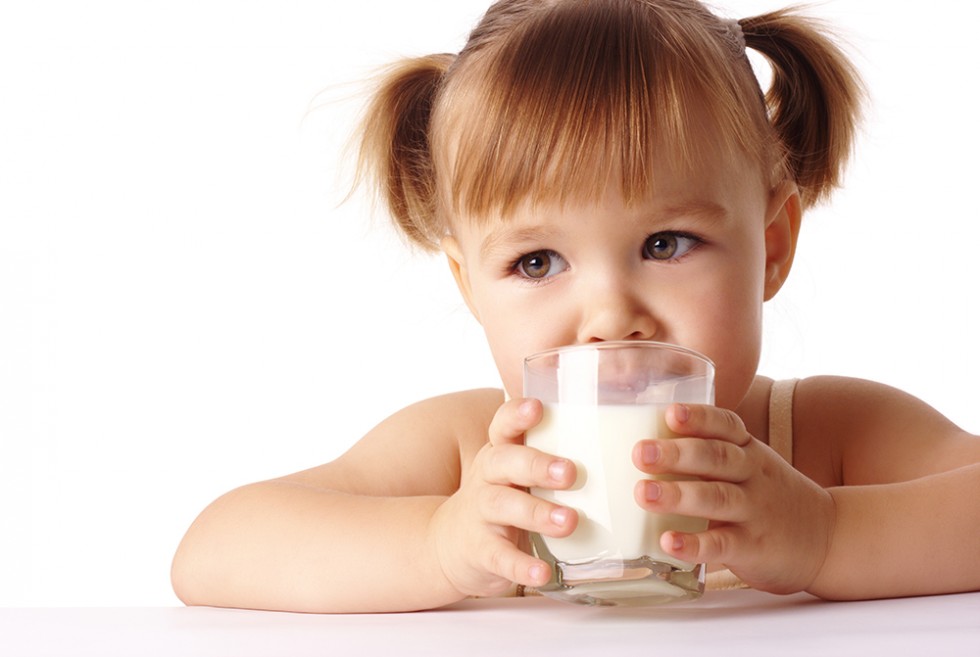Dairy Requirements
Most people know that dairy foods, including milk, cheese and yoghurt, are high in calcium, and that calcium plays an important role in building and maintaining strong, healthy bones. However, there are many other benefits to eating dairy products, as they provide children and adults with over 10 essential nutrients that our bodies need every day.

Protein is one of the many nutrients contained in dairy products, making milk, cheese and yoghurt filling, hunger-busting snack choices that can help you feel fuller for longer.
The other nutrients contained in dairy foods are important for healthy immune systems, blood, eyesight, muscle and nerve function, healthy skin, energy levels and growth and repair in all parts of our bodies.
Dairy products also include carbohydrates for energy, zinc which aids healing, and Vitamin A, which is essential for healthy eyesight and is especially important in children’s growth. Other nutrients in dairy products include Riboflavin, Vitamin B12, Potassium, Magnesium and Phosphorous. You can find out more about all these nutrients and their benefits in our Information Glossary
It is recommended that children and adults consume three servings of dairy products every day as part of a balanced diet to get the calcium and other essential nutrients your body needs. One serve of dairy is equal to:
- 1 glass (250mL) of milk;
- 1 tub (200g) of yogurt; or
- 2 slices (40g) of cheese.
It is essential that growing children be given the best possible start when it comes to their development, especially in terms of nutrition. Their diets should include a variety of foods from the different food groups to ensure they are getting all the nutrients they need to grow strong and healthy.
Dairy and Infants
Breast milk or infant formula should be the sole source of nutrition up until a baby is around six months of age. From approximately eight months old, babies can be introduced to yoghurt and cheese. It is important to choose regular fat varieties, as babies need the extra energy for growth at this time in their life. Milk can be introduced in small amounts from about eight months on cereal or in dishes such as custard. However, milk should not replace breast milk or infant formula as the main milk drink until after 12 months of age. Dairy foods such as milk, cheese and yogurt contain over ten essential nutrients and are an important part of a growing baby’s diet, however it is important to make sure they are getting the right products for their age.
Bone & Dental Health
Healthy eating habits and a balanced diet go hand in hand with good oral hygiene when it comes to preventing dental disease. Dairy foods are particularly important as they contain a unique combination of anti-decay nutrients, including calcium, phosphorus and casein (a kind of protein).
Did you know that the Australian Dental Association recommends that you have a small piece of cheese after consuming sugary food or drinks to help protect teeth and reduce the risk of tooth decay?
It is essential to build healthy teeth and bones from a young age. Having calcium-rich foods daily throughout life can help lower your risk of developing osteoporosis. This is a condition that causes the bones to lose calcium and other minerals, which makes them fragile and more breakable.
3 serves of dairy products every day will ensure most people receive their recommended daily intake of calcium plus significant amounts of other bone strengthening nutrients. You can find more helpful information about preventing osteoporosis here www.osteoporosis.org.au
Dairy Myths

We’re often told conflicting information about the various food groups, particularly dairy products. Here are some common myths – you might be surprised by the answers!
MYTH: Milk is high in fat
TRUTH: No! Research has shown that people believe regular milk contains up to 22% fat. When in fact regular (or whole) milk only contains around 3.8% fat.
If you are trying to lose weight, there are also lots of low fat dairy foods available, such as skim milk, low fat yogurt and reduced fat cheese. You should not avoid dairy products altogether, as you may miss out on essential nutrients.
MYTH: Milk causes mucus
TRUTH: This is one of the most common myths about eating dairy foods.
Numerous studies show that milk DOES NOT cause mucus production.
Occasionally, people may experience a thin, temporary coating over the mouth and throat after drinking milk. This can be mistaken for mucus but is actually just milk’s natural creamy texture. It is not harmful and the sensation lasts for only a short period of time.
MYTH: Milk causes asthma
TRUTH: Milk is rarely a trigger for asthma.
The most common triggers for asthma are allergens such as house dust mites and pollens, viral infections and strenuous exercise.
Foods, drinks and food chemicals affect less than 2.5% of all people with asthma.
The National Asthma Council recommended that people with asthma should eat a nutritious diet from a wide variety of foods, including milk and other dairy products.
MYTH: Taking calcium tablets means you don’t need dairy products
TRUTH: A calcium tablet won’t provide the many other nutrients that dairy products add to the diet, including protein, carbohydrate, riboflavin, vitamin B12, vitamin A, potassium, magnesium, phosphorus and zinc.
MYTH: Low fat milk is best for toddlers
TRUTH: Australian Dietary Guidelines advise that reduced fat milk is not suitable for children below 2 years of age. Children under 2 years of age require milk fat as a source of energy, not to mention all of the fat-soluble vitamins it provides.
As children move from infancy into early childhood, the fat content of milk becomes less important because other foods are eaten that contribute fats and oils to their diet. This is another reason that a balanced diet is so important.
As part of this varied diet, children older than 2 years can consume reduced fat milk. Skim milk should only be given to children over 5 years of age. However you can cook with skim milk to make things like custard for children older than 2 years of age.
MYTH: If I have difficulty digesting lactose (lactose maldigestion) I should avoid milk and other dairy products
TRUTH: You don’t need to eliminate dairy products from your diet if you have lactose maldigestion (difficulty digesting the carbohydrate lactose in milk). Many people with lactose maldigestion find they can drink up to two glasses of milk a day without symptoms of intolerance, as long as they are consumed at separate meal times. Those who suffer from lactose maldigestion can usually eat cheese and yogurt. Most cheeses contain virtually no lactose and yogurt contains good bacteria that help to digest lactose.
Allergies
Food allergies are most commonly seen in early childhood, and only occur in around 5% of children. Food allergies are usually ‘outgrown’ during childhood, except for allergies to nuts, seeds and seafood. About 1% of adults have a food allergy.
Cows’ milk allergy is often misdiagnosed and unnecessarily eliminated. It is believed that only about 2% of children under the age of two years of age are truly allergic to cows’ milk. Most children will grow out of cows’ milk allergy by the age of about four years.
If you suspect someone in your family may have an allergy always consult a medical practitioner.
Often food intolerance can be misdiagnosed as a food allergy. Food intolerance is different from a food allergy, and does not involve your immune system. It occurs when you have an enzyme deficiency (such as in lactose intolerance) or a reaction to natural or artificial substances in foods. Intolerance to a substance within foods can increase symptoms such as headaches, skin rashes or stomach upsets.
For more information on food allergy visit the Australasian Society of Clinical Immunology and Allergy Inc at www.allergy.org.au
